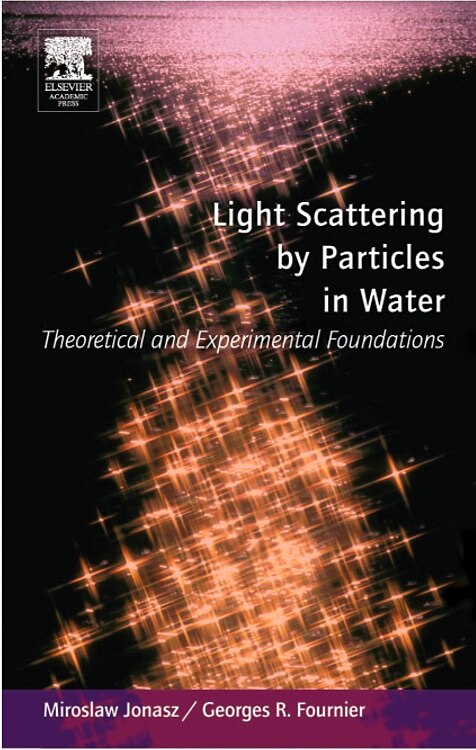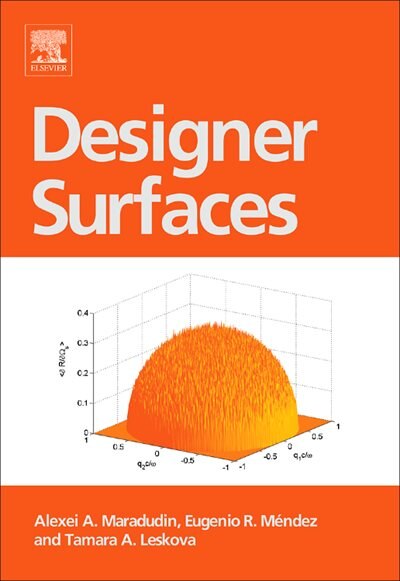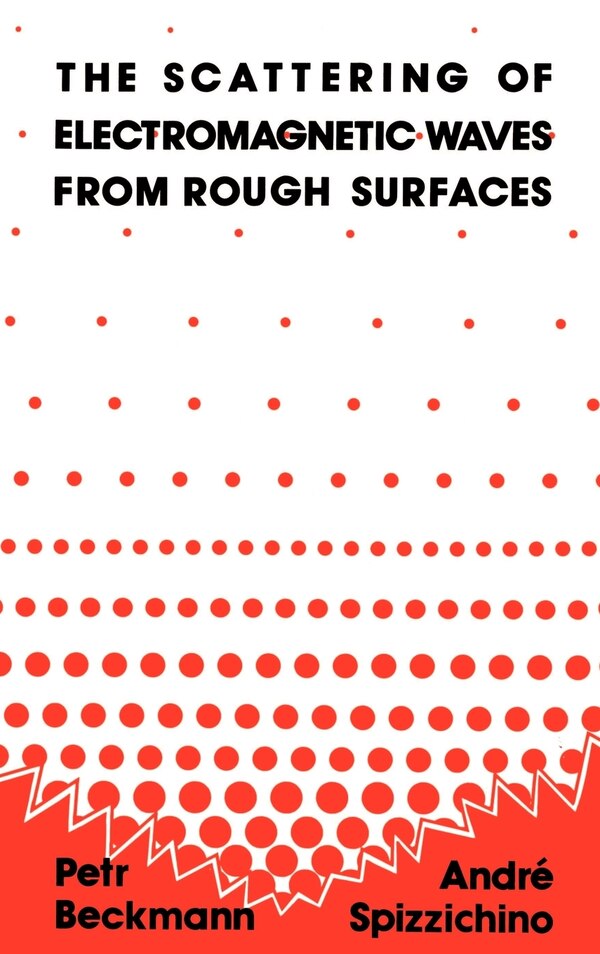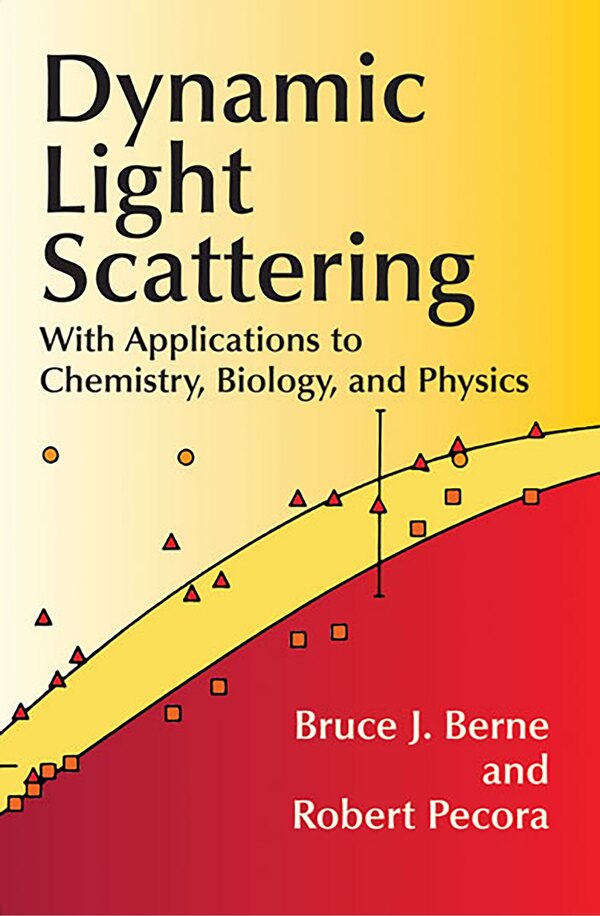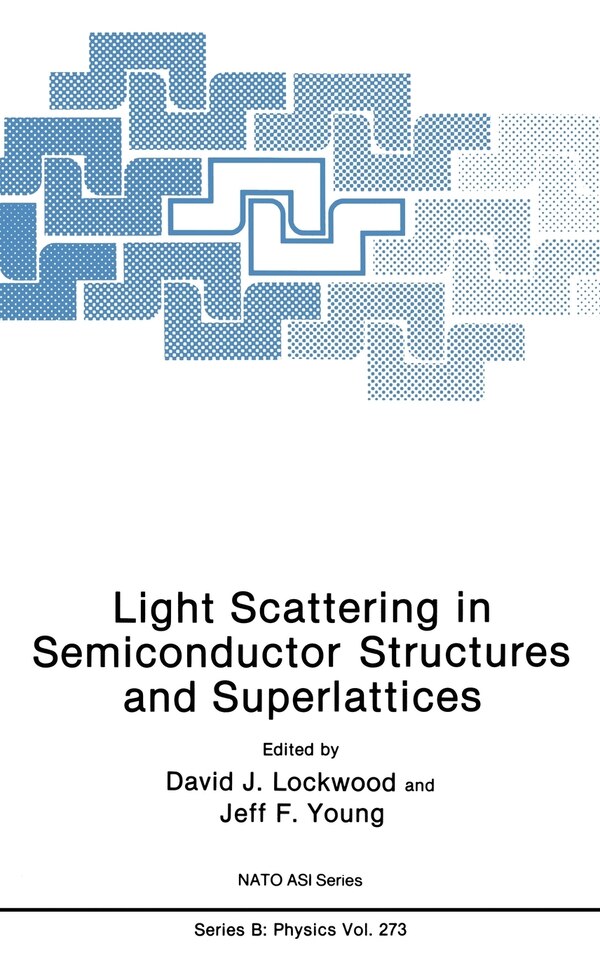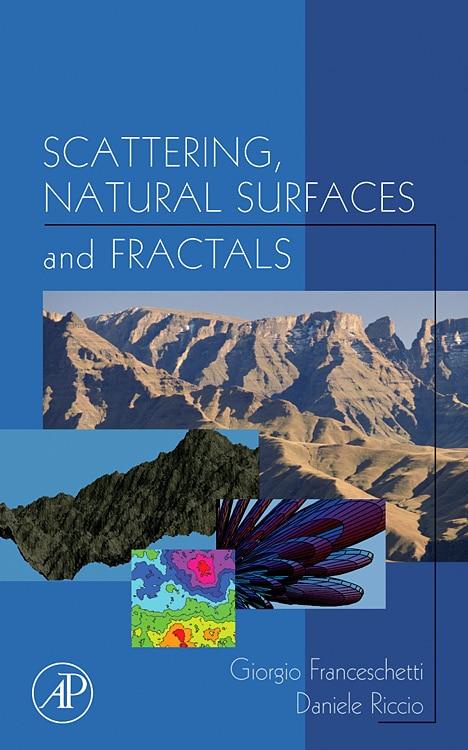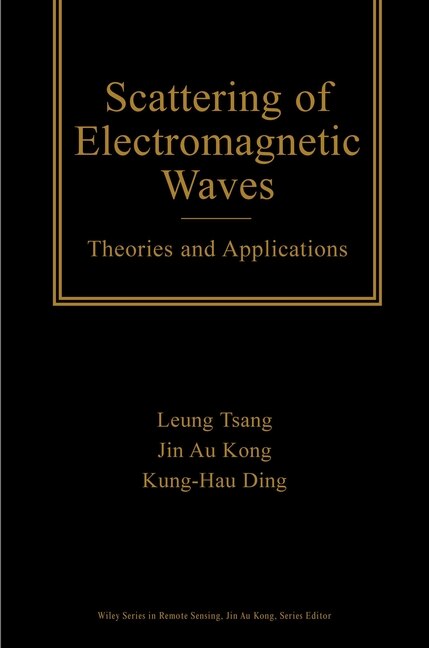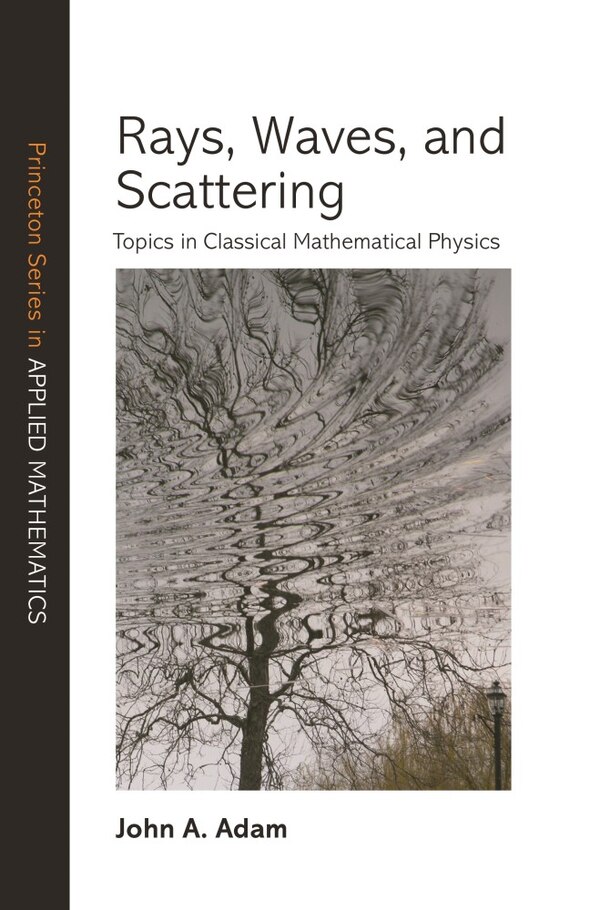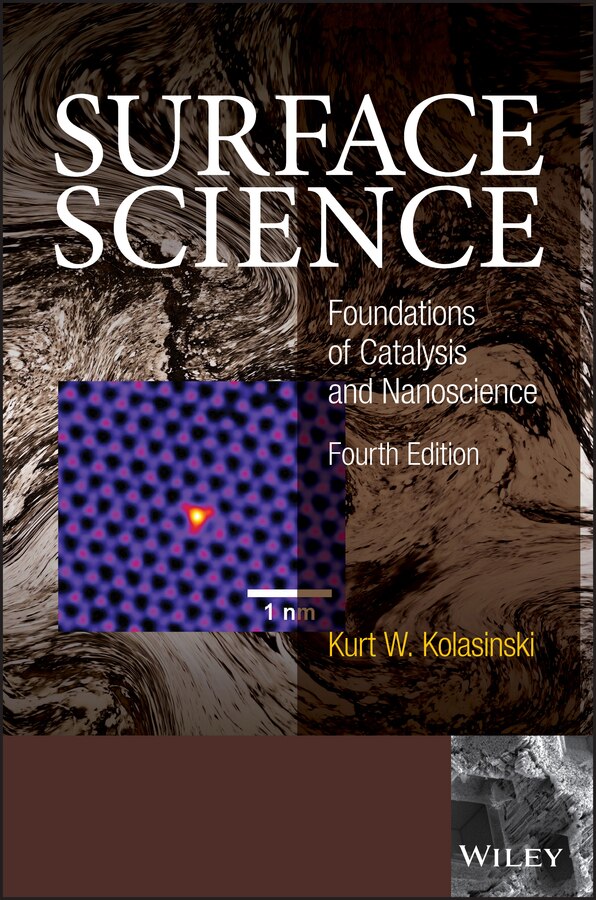
Choice Made Simple!
Too many options?Click below to purchase an online gift card that can be used at participating retailers in Village Green Shopping Centre and continue your shopping IN CENTRE!Purchase Here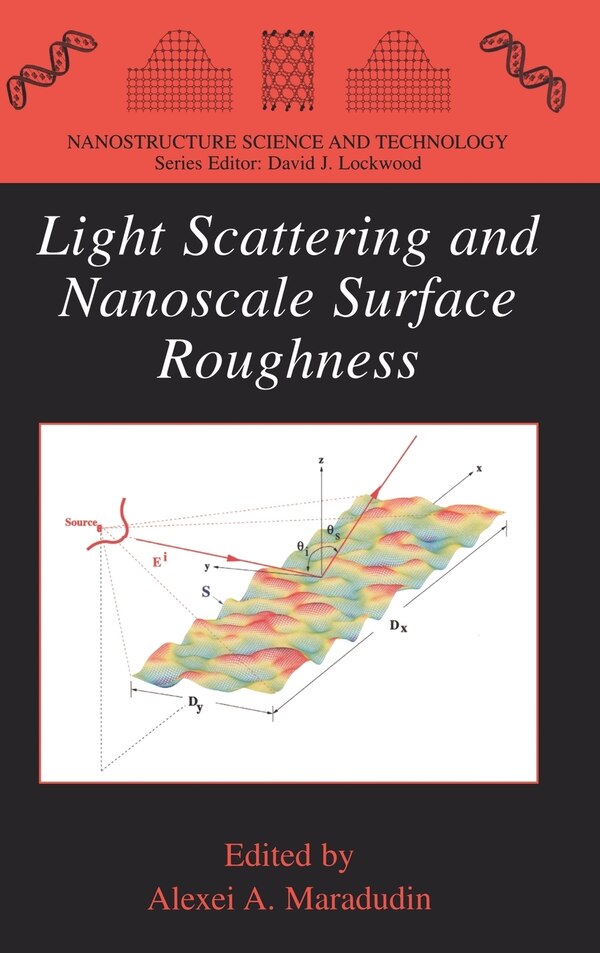
Compare Light Scattering and Nanoscale Surface Roughness by Alexei A. Maradudin, Hardcover | Indigo Chapters
Alexei A. Maradudin
$80.50
All real surfaces, both those occurring naturally, and those fabricated artificially and with great care, are rough to some degree. It is therefore of interest, and often of importance, to know the extent to which this roughness affects physical p- cesses occurring at a surface. A particularly interesting class of physical processes occurring at a rough surface is the scattering of electromagnetic waves from it, or their transmission through it. In this case the degree of the surface roughness is referred to the wavelength of the waves incident on it. The study of the scattering of electromagnetic waves from rough surfaces has been actively carried out for more than a century now, since Rayleigh's inves- gations of the scattering of a monochromatic plane wave incident normally on a 1 sinusoidal interface between two different media. The first theoretical treatment of the scattering of an electromagnetic wave from a randomly rough surface was due to Mandel'shtam/ in the context of the scattering of light from a liquid s- face. In these pioneering studies the angular dependence of the intensity of the scattered field was calculated by perturbation theory as an expansion in powers of the surface profile function though the first nonzero term, a single scattering approximation. | Light Scattering and Nanoscale Surface Roughness by Alexei A. Maradudin, Hardcover | Indigo Chapters

